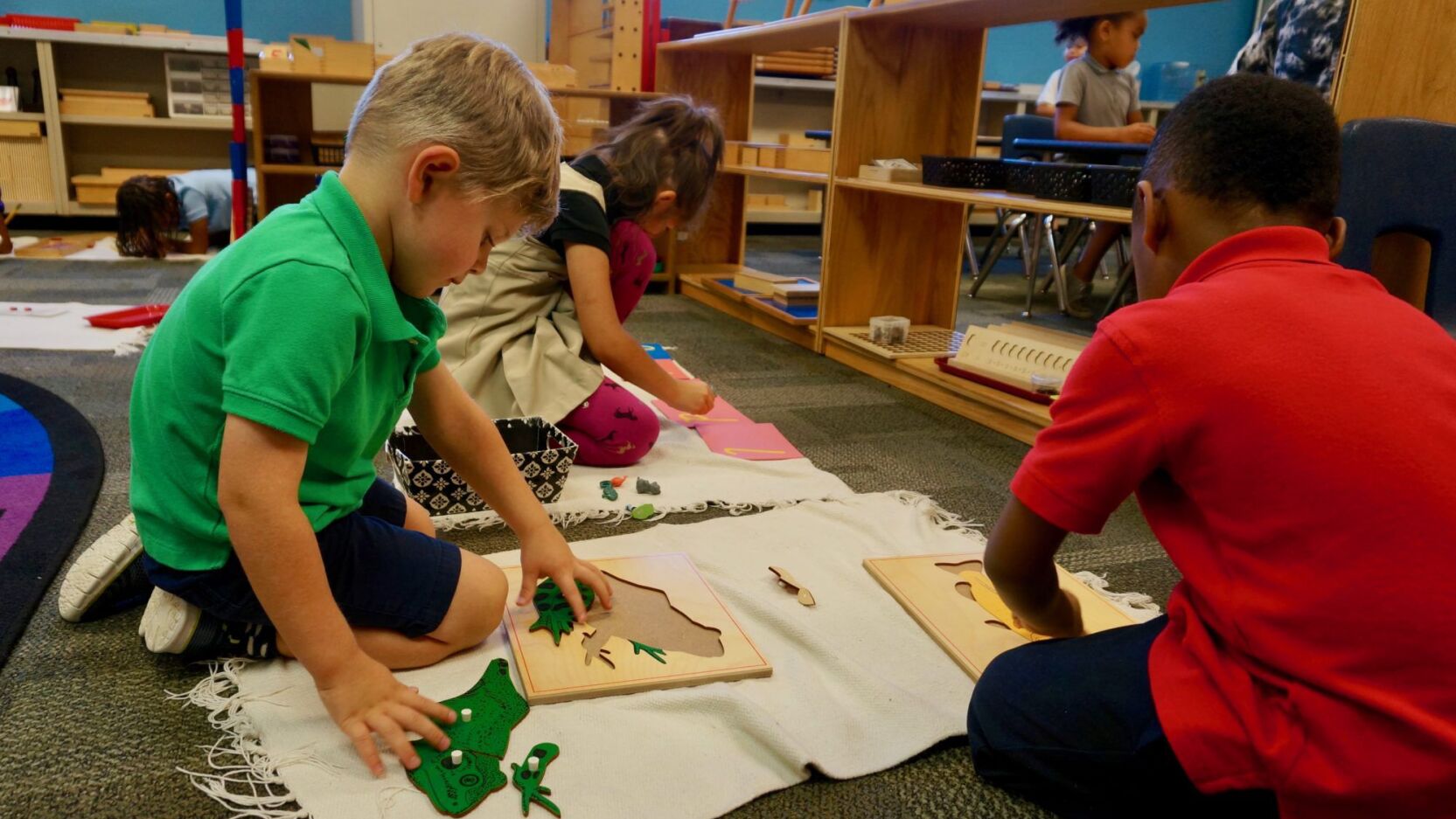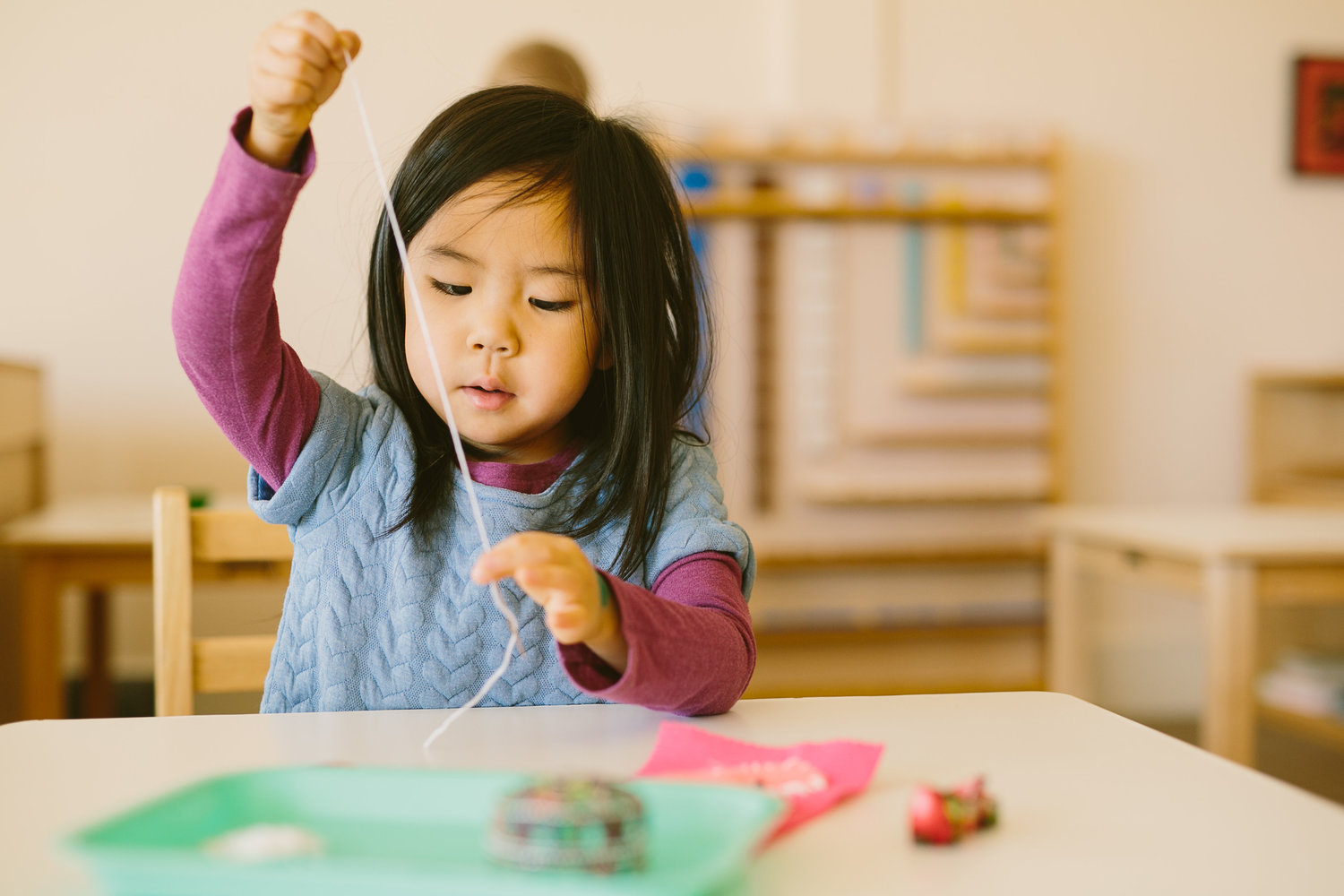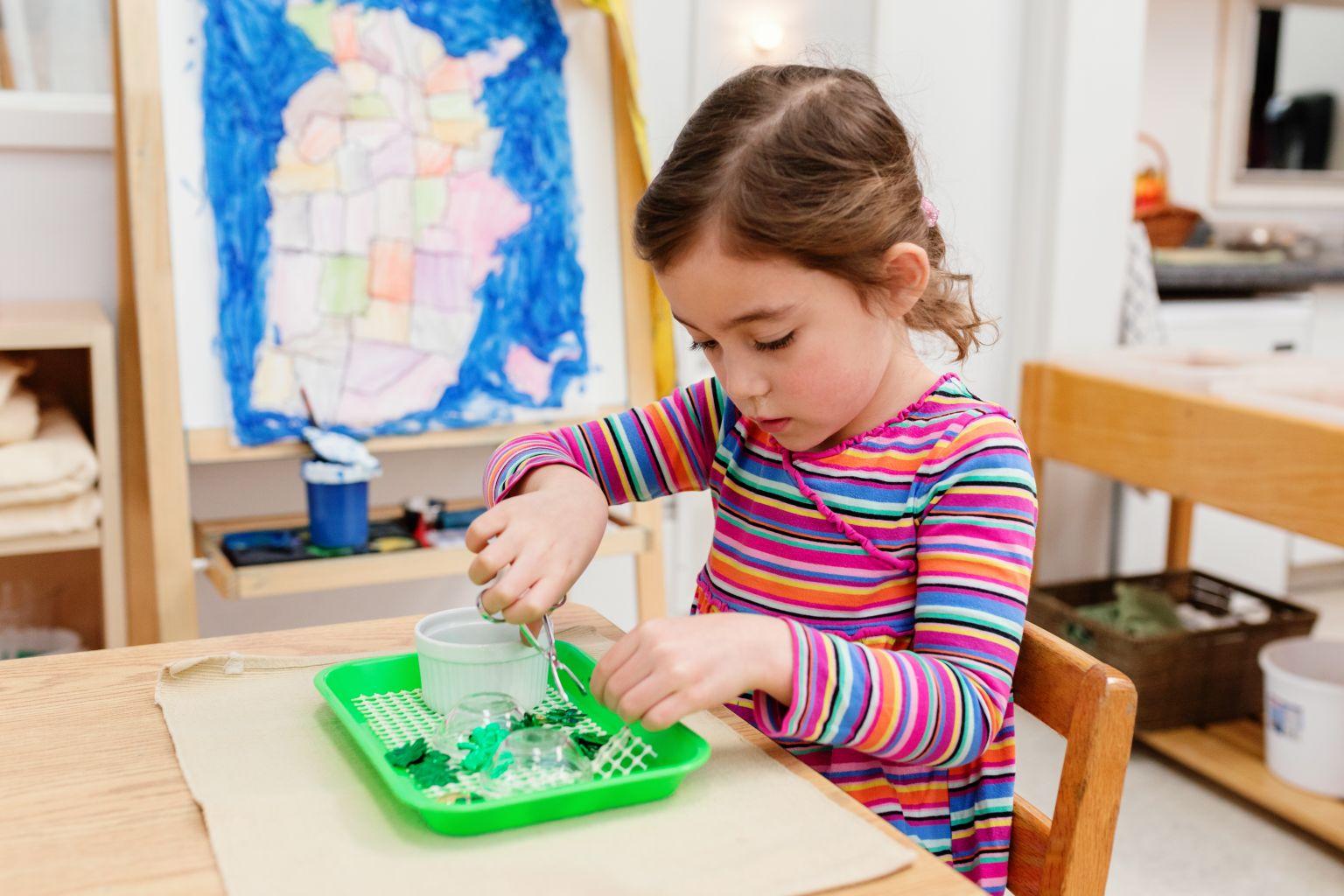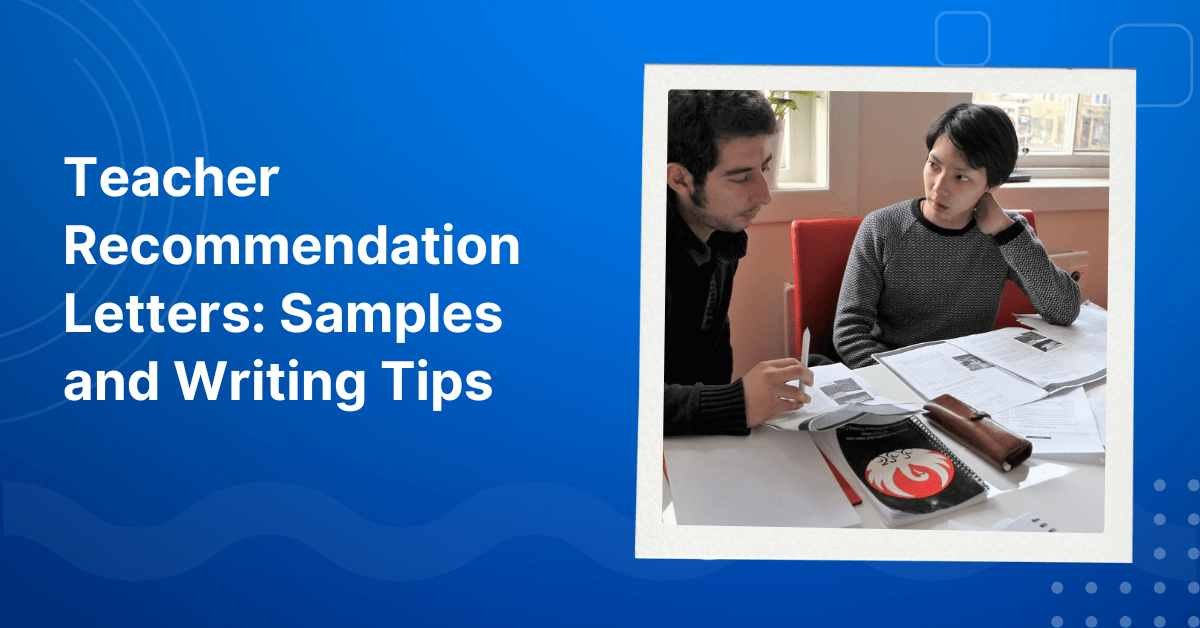As teachers, we constantly strive to provide the best learning experiences for our students. In this article, VTJ will delve into what defines a Montessori school and uncover the pros and cons of this unique educational philosophy. Whether you are considering incorporating elements of Montessori in your classroom or simply curious about its benefits and challenges, this article will serve as a valuable resource for understanding the Montessori approach and its implications in today’s educational landscape.
>>>Read more: 14 Types of teaching methods for an effective lesson
What Is a Montessori School?

What Is a Montessori School? It is an institution that follows the methods established by Dr. Maria Montessori
A Montessori school is an educational institution that follows the principles and methods established by Dr. Maria Montessori, an Italian physician and educator. The Montessori approach is based on the belief that children have an innate desire to learn and explore their environment. It aims to cultivate independence, self-discipline, and a lifelong love for learning in students.
In a Montessori school, the physical environment is carefully prepared to meet the developmental needs of children. Classrooms are usually filled with a wide range of hands-on learning materials that are specifically designed to promote exploration and discovery. These materials are self-correcting, allowing children to learn through their own experiences and develop problem-solving skills.
>>>Read more: TOP 10 EFFECTIVE TEACHING METHODS IN VIETNAM
One key aspect of Montessori education is the concept of mixed-age classrooms. Instead of grouping students solely based on their age, Montessori classrooms often have a span of three years, with children from different age groups learning together. This setup creates a supportive community where older students can serve as mentors and role models for younger ones, fostering a sense of cooperation and collaboration.
The role of the Montessori teacher, often referred to as a guide, is to observe and facilitate the learning process rather than dictate it. They provide individualized instruction and guidance, tailoring their approach to meet the unique needs and interests of each child. The focus is on nurturing the whole child, including their intellectual, emotional, social, and physical development.
Montessori schools typically prioritize hands-on learning experiences over traditional methods of teaching, such as lectures and exams. Children are encouraged to engage in self-directed activities, choose their work, and explore topics that capture their curiosity. This approach fosters a sense of ownership and intrinsic motivation for learning.
>>>Read more: Online teaching method – have you known about this guide?
The pros and cons of Montessori education
Pros of Montessori Education

What is Montessori School pros and cons?
- Individualized Learning: Montessori education prioritizes individualized learning experiences, recognizing that each child has unique strengths, interests, and learning styles. Teachers in Montessori classrooms observe and assess students’ progress, tailoring their instruction to meet the specific needs of each child. This personalized approach allows children to progress at their own pace and explore subjects that captivate their curiosity.
- Hands-on Learning: Montessori classrooms are equipped with a wide range of hands-on learning materials that engage children in active exploration and discovery. These materials are designed to promote sensorial experiences, problem-solving skills, and critical thinking abilities. By actively engaging with the materials, children develop a deeper understanding of concepts and acquire skills through direct experience.
- Mixed-Age Classrooms: Montessori schools often have mixed-age classrooms, where children of different ages learn together. This setup provides a supportive and cooperative environment where younger students learn from older ones, and older students reinforce their knowledge by teaching younger peers. Mixed-age classrooms promote collaboration, empathy, and the development of strong social skills.
- Focus on Independence: Montessori education places a strong emphasis on fostering independence and self-discipline in children. Through the freedom of choice within a structured environment, students learn to make decisions, take responsibility for their actions, and develop self-confidence. Montessori classrooms encourage children to engage in tasks independently, such as choosing their work, managing their time, and taking care of their learning environment.
- Holistic Development: Montessori education recognizes the importance of nurturing the whole child. The curriculum encompasses not only academics but also social, emotional, and physical development. Montessori schools often integrate activities such as practical life skills, arts, music, and outdoor exploration, fostering a well-rounded education that supports the child’s overall growth and well-being.
- Respect for Individual Differences: Montessori education promotes an inclusive and respectful environment, celebrating the diversity of each child. Students are encouraged to appreciate and value differences in backgrounds, abilities, and perspectives. This fosters a sense of respect, empathy, and understanding among students, preparing them to thrive in a multicultural world.
- Love for Learning: By cultivating a nurturing and engaging environment, Montessori education instills a love for learning in children. The emphasis on self-directed exploration, hands-on experiences, and intrinsic motivation fosters a lifelong passion for acquiring knowledge. Montessori graduates often develop a natural curiosity, creativity, and a strong sense of intellectual curiosity that extends beyond their time in the classroom.
>>>Read more: Best teaching methods for Vietnamese children that you should know
It’s important to note that the effectiveness of Montessori education may vary depending on individual preferences, the quality of the school, and the compatibility between the child and the teaching approach. However, many parents and educators find these advantages to be significant in providing a well-rounded and enriching educational experience for children.
>>>Read more: Characteristics and methods of teaching adults
Cons of Montessori education

What is Montessori School pros and cons?
- Limited Standardized Testing: Montessori education places less emphasis on standardized testing and traditional academic benchmarks. While this can be seen as a positive aspect, some parents and students may feel concerned about the lack of standardized assessments that are commonly used to measure academic performance and prepare for future educational transitions.
- Limited Structure and Flexibility: Montessori classrooms offer freedom and flexibility in choosing activities and learning materials, which can be beneficial for some children. However, for students who thrive in structured environments or require more guidance and external direction, the open-ended nature of Montessori education may feel overwhelming or lack the structure they need to thrive academically.
- Limited Focus on Competitive Skills: Montessori education emphasizes collaboration, teamwork, and intrinsic motivation. While these qualities are valuable in many aspects of life, students in Montessori schools may have less exposure to competitive environments and the development of skills such as test-taking strategies, time management, and the ability to perform under pressure, which can be important in certain academic or career paths.
- Limited Availability: Despite the growing popularity of Montessori education, it may not be readily available in all areas. Limited availability could pose challenges for families who are interested in enrolling their children in a Montessori school but do not have access to one within a reasonable distance.
- Potential Inconsistency in Teacher Training: Montessori education requires specialized training for teachers to effectively implement the Montessori principles and methods. However, the consistency and quality of Montessori teacher training programs may vary, which means that not all teachers in Montessori schools may have received the same level of comprehensive training. This could impact the fidelity and effectiveness of the Montessori approach in some instances.
- Transition Challenges: Montessori education often differs significantly from traditional educational models. As a result, students transitioning from Montessori schools to more conventional educational settings may face challenges in adapting to different teaching styles, classroom structures, and assessment methods. It is important for parents to consider this potential transition and ensure support is provided during this adjustment period.
>>>Read more: What is blended learning? Types, Examples & Benefits?
It is important to note that these cons may not apply universally and can vary depending on individual circumstances, the specific Montessori school, and the needs and preferences of the child and their family. Exploring and understanding these potential drawbacks can help parents make informed decisions about whether Montessori education aligns with their child’s learning style and educational goals.
>>>Read more: How to use CHATGPT in teaching and learning
FAQs
What is the difference between a Montessori school and a regular school?
The main difference between a Montessori school and a regular school lies in the educational philosophy and approach. While regular schools typically follow a structured curriculum and teacher-led instruction, Montessori schools prioritize child-centered learning, independence, and hands-on exploration. Montessori classrooms are designed to foster self-directed learning, individualized instruction, and a focus on the holistic development of the child.
What type of child thrives in Montessori?
Children who thrive in Montessori schools are typically self-motivated, independent, and enjoy hands-on learning experiences. They are curious, adaptable, and thrive in an environment that encourages exploration and self-discovery. Montessori education empowers children to take ownership of their learning, follow their interests, and develop a sense of responsibility and autonomy.
What are the 5 principles of the Montessori method?
The five principles of the Montessori method are respect for the child, the absorbent mind, sensitive periods, the prepared environment, and auto education.
Are you facing difficulties in finding and securing teaching positions in Vietnam? Are visa procedures causing you trouble? Feeling overwhelmed and directionless upon your arrival in Vietnam for teaching assignments? Don’t worry, VTJ’s English Teaching Placement in Vietnam (EPIV) Program 2024 provides comprehensive support to solve ALL the matters.
👉👉👉 Click HERE to request free consultation



